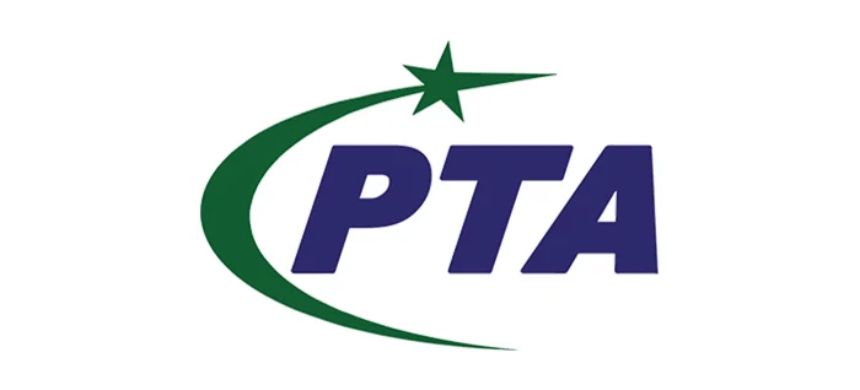The Pakistan Telecommunication Authority (PTA) has unveiled a plan to regulate virtual private networks (VPNs) in Pakistan, as disclosed by PTA Chairman Maj General (retd) Hafeezur Rehman. Here are the key details:
PTA’s VPN Regulation Plan:
- Whitelisted VPNs: Only VPNs that are specifically whitelisted by the PTA will be permitted to operate in Pakistan. All other VPN services will be blocked.
- Reason for Regulation: This move comes in response to a significant increase in VPN usage following the ban on the social media platform X (formerly Twitter) on February 19. VPN usage surged by 131%, though the number of X users in Pakistan has decreased by 70% with only 30% accessing the platform through VPNs.
Also Read: The PTA has submitted proposals to address anti-Pakistan social media campaigns
- Impact on IT Industry: The PTA chairman warned that a complete ban on VPNs could severely impact Pakistan’s IT sector, potentially leading to the collapse of businesses that depend on VPNs for their operations.
- Previous Efforts: Past attempts to regulate VPNs, including registration requirements for VPN users, have been only partially successful. In 2022, the PTA requested that organizations, foreign missions, and freelancers register their VPNs to avoid disruptions, but enforcement has been inconsistent.
- Taxation on Social Media: Law Minister Azam Nazir Tarar proposed that social media revenues should be taxed in Pakistan, similar to other countries. This proposal is part of a broader discussion on addressing challenges posed by digital platforms while balancing security and economic interests.
- Legislative Review: Senator Farooq H Naek suggested studying both national and international legislation to ensure public access to digital services while addressing concerns raised by the new regulations.
The PTA’s regulatory plans and the government’s focus on taxing social media revenues reflect ongoing efforts to manage the complexities of digital platforms and their impact on Pakistan’s economy and security.











